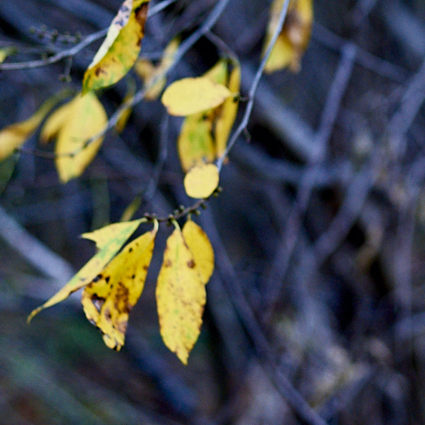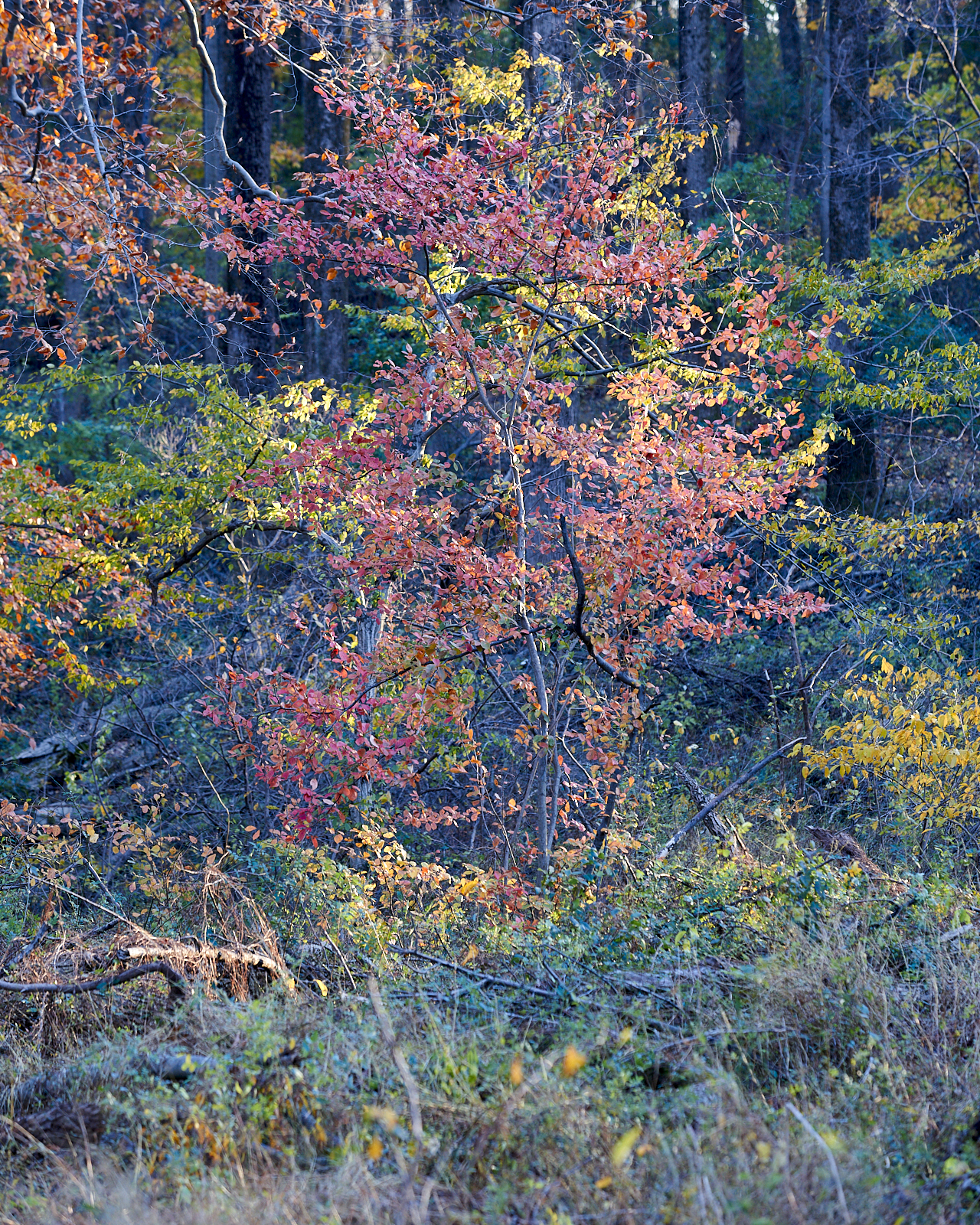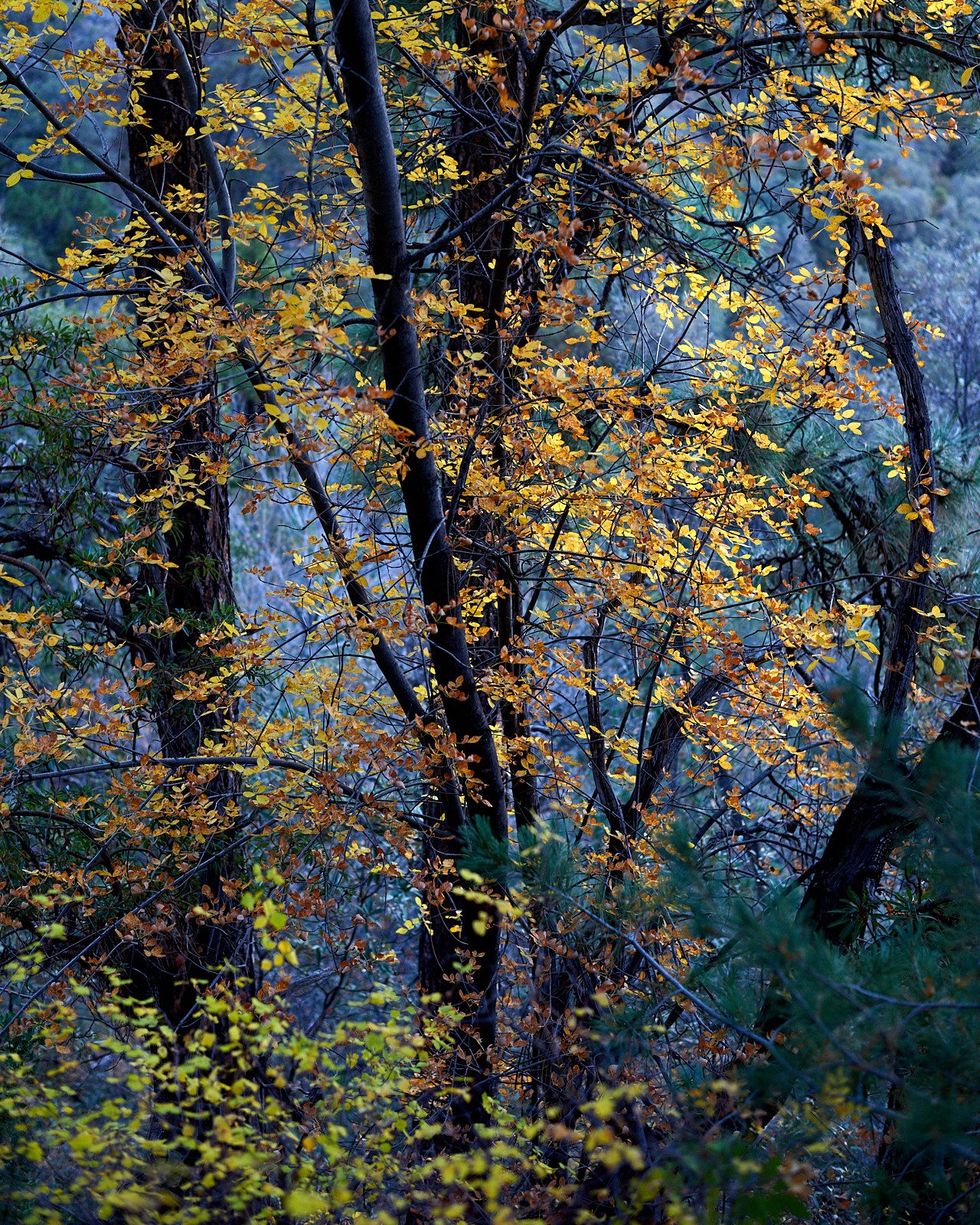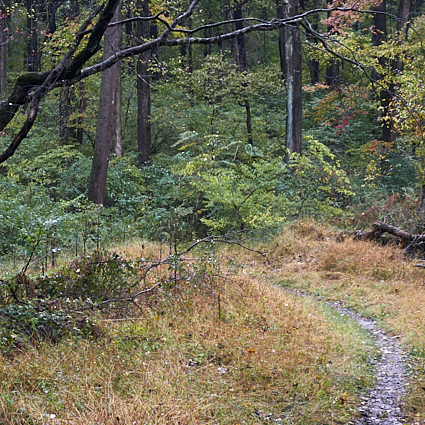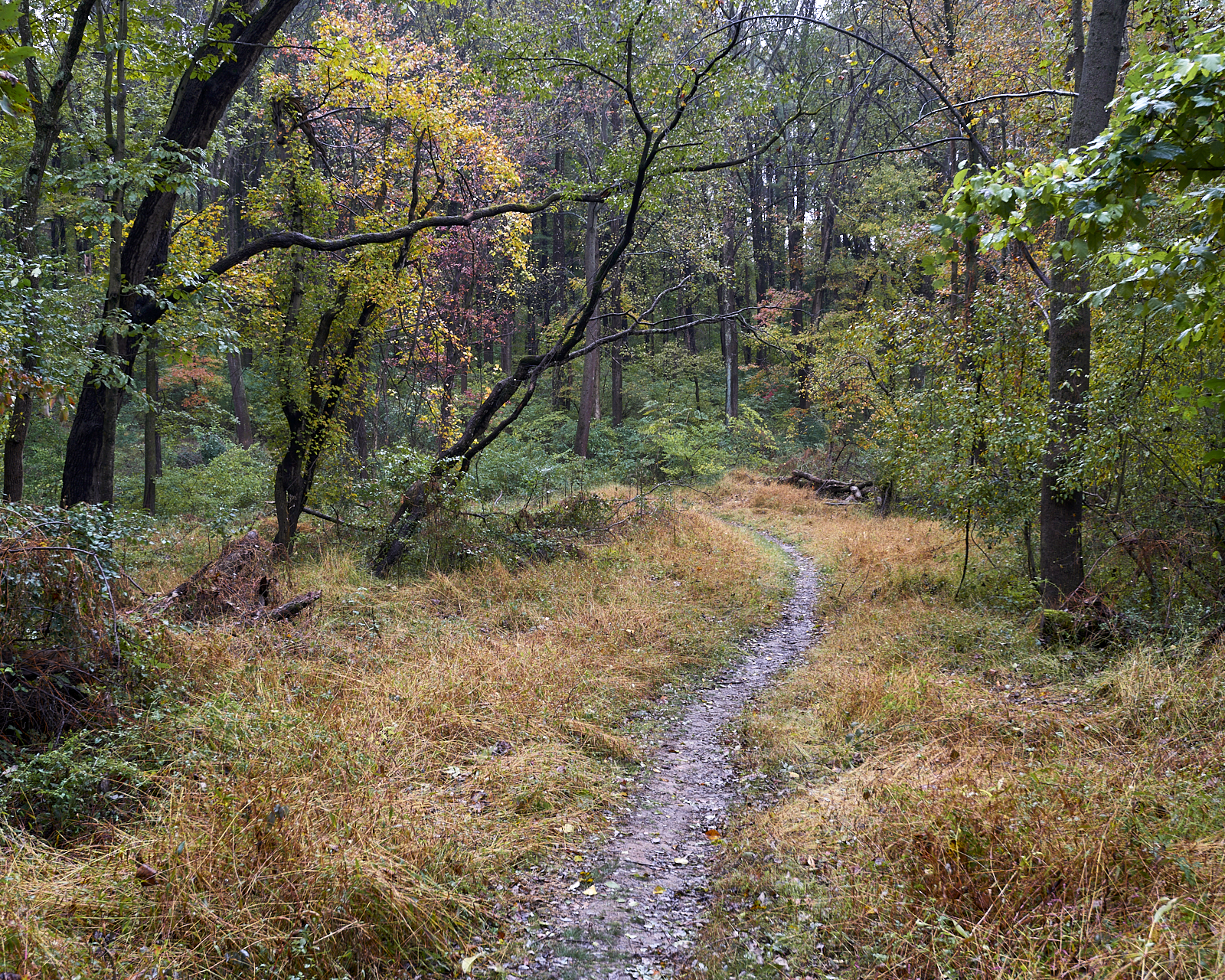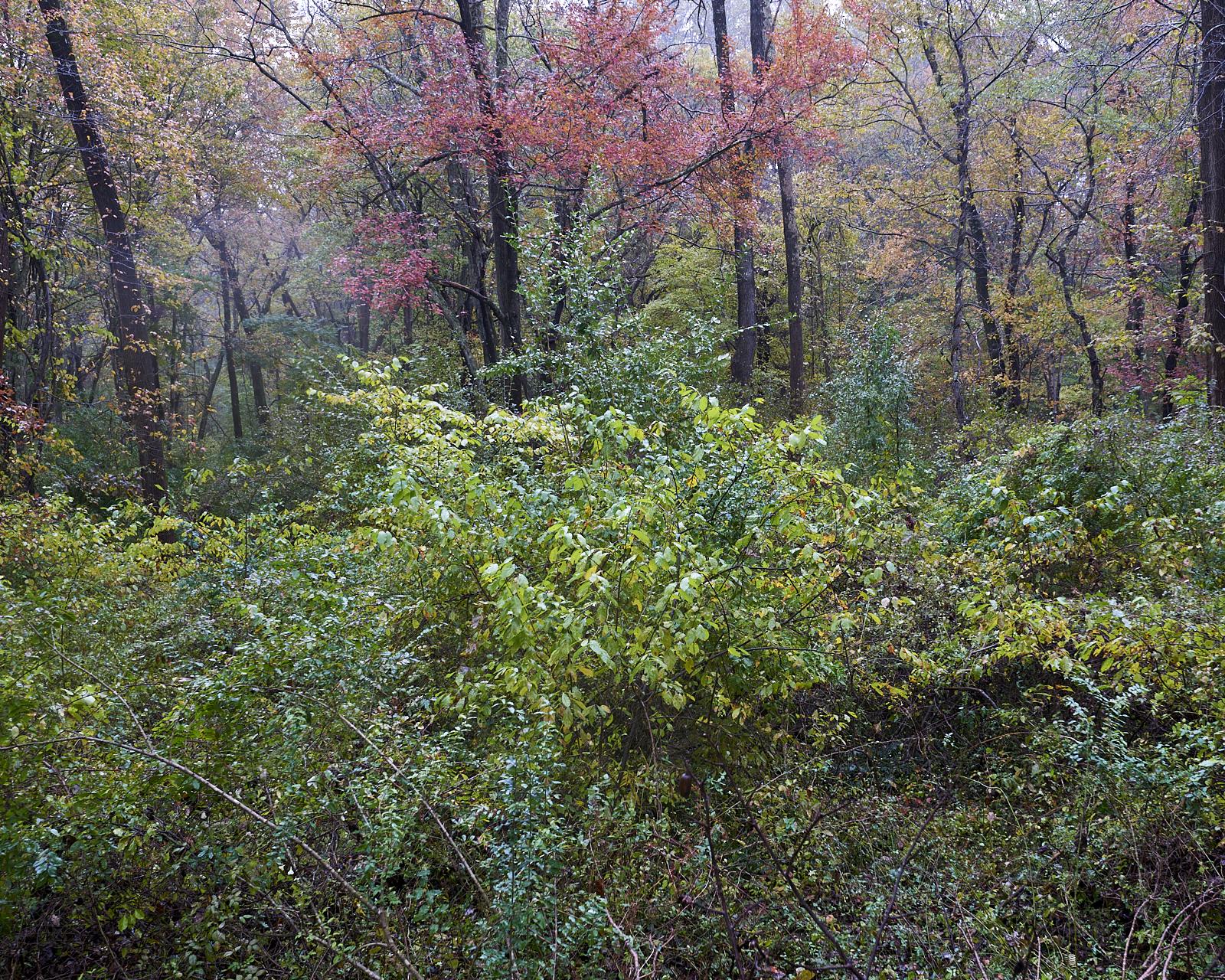I want a new camera. Or is it a new lens? I want something to kickstart my photography out of its late winter creative slump. Ya. I think I would prefer a new lens, a new 50mm f/1.4. But first I need to do some research to be sure I get the best lens possible for me. Off to the internet to read reviews, to watch unboxing videos, hands-on reviews, long-term reviews, to compare sharpness, transmission, vignetting, distortion, chromatic aberration, weight, weather sealing, to listen to other photographers explain why they think this lens or that lens is the best (or the worst). And then the pleasure of watching sample images appear and disappear on my screen, examples of the miracles each lens can work. I can’t go wrong. Any of them will be better than my current lens.
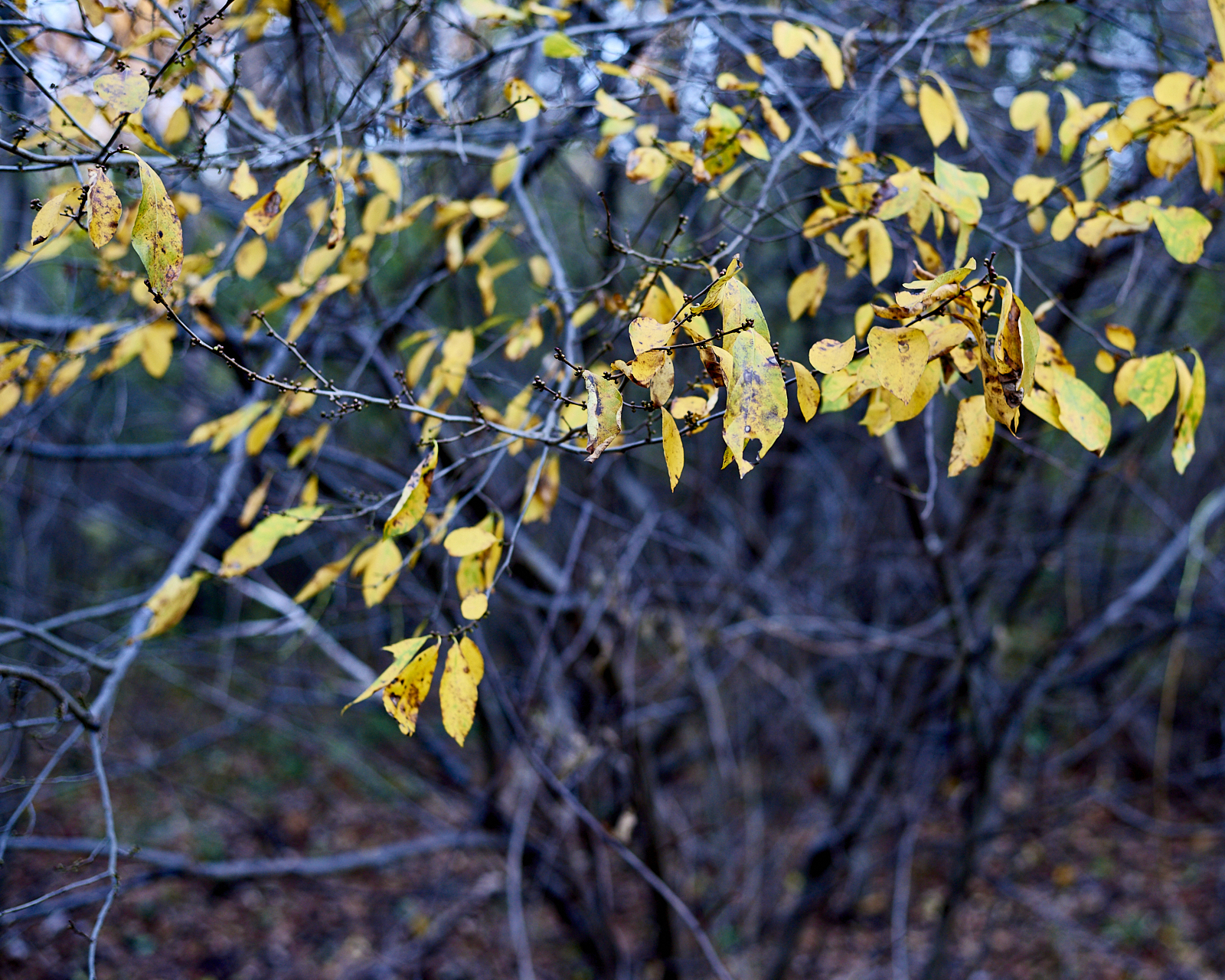
I know. I’m not supposed to fixate on my equipment. I need only the tools that enable me to realize my vision, to make the photographs I need to make. Clearly good tools help make good photographs. But how, exactly? What strange alchemy occurs, transforming my base creativity into precious photographs, when I affix a new lens onto my camera? What if a new lens, a new camera, a new tripod, a new filter, a new [whatever] actually has the opposite effect?
In large and small ways, explicit and implicit, concern for equipment permeates so much of the conversation about photography. The sounds gear makes, or a simulacrum of that sound, has become de rigueur for videos, as have clips of people loading film or attaching a camera to a tripod. We can’t look at a photo without wondering what film stock was used. People talking ostensibly about photographs and making photographs sit surrounded by cameras, usually lurking on shelves in the background or proudly sitting on the table in the foreground. For me, all of that emphasis on gear distracts. It unhelpfully deflects attention from the joy of photography, which is, again for me, making photographs. That is why, I suspect any new bit of kit will in the end dull my creative vision. That new gadget distracts me from doing what I need to do in order to realize that vision: from making photographs.
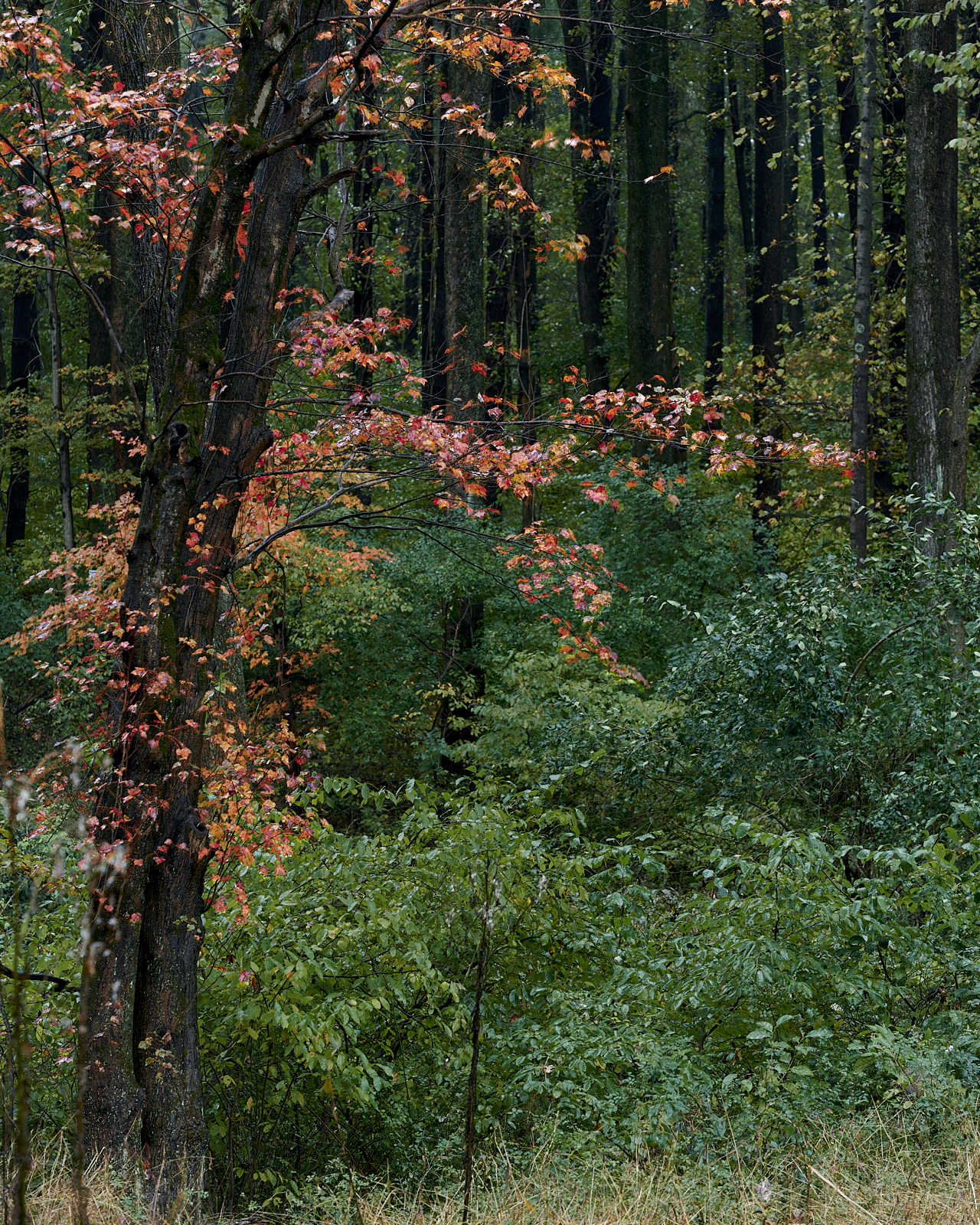
No. I don’t need or even want a new lens, let alone a camera, or any other fancy bit of new, or retro, gear. Those won’t help me realize my creative vision. Only going out and making lots and lots and lots of photographs will.
In the chain that leads from vision to photograph, I am already the weakest link. Fortunately, I cost the least to improve.
